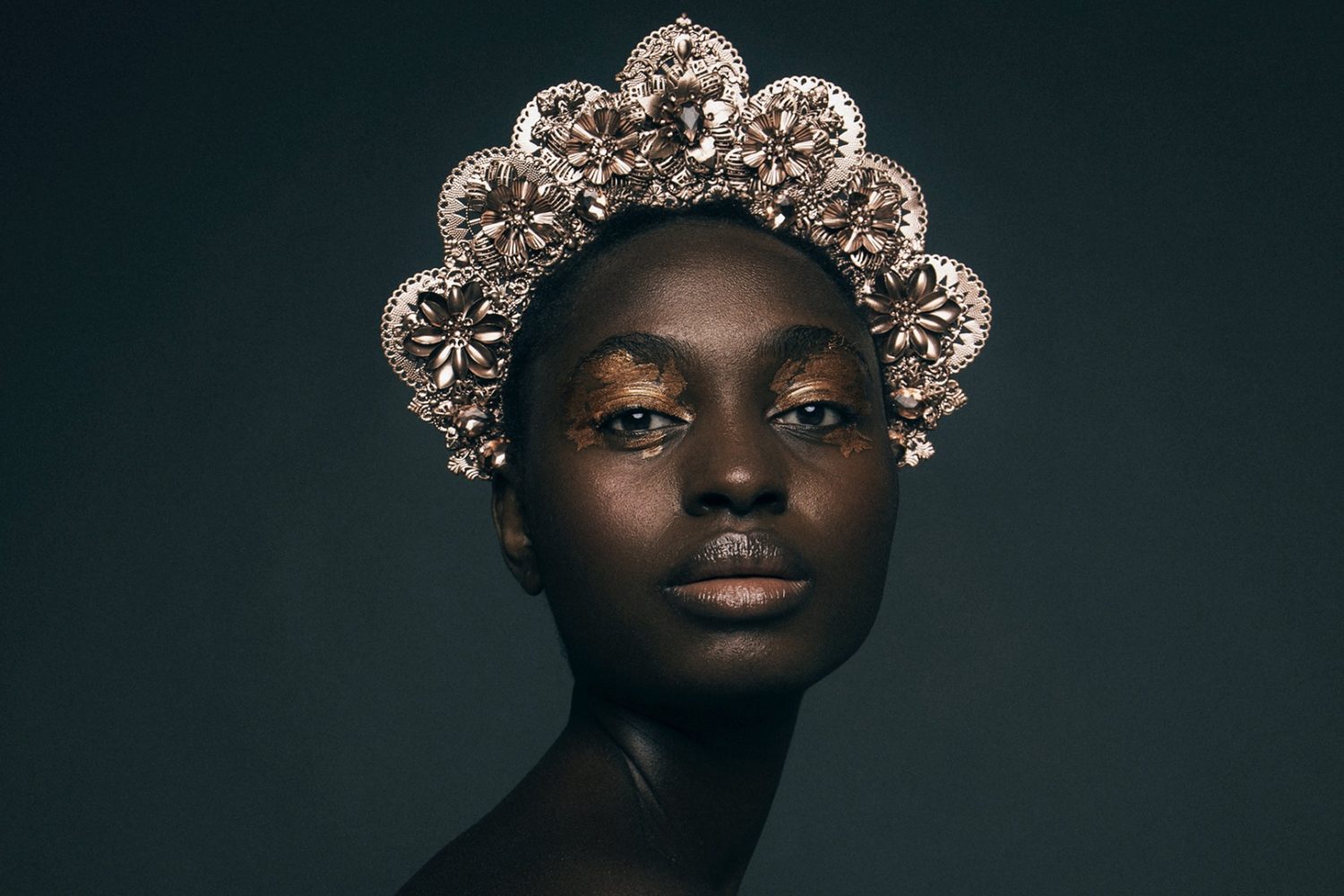Introduction: A Closer Look at Women’s Hair Loss
Ever run your fingers through your hair and felt a cold shiver run down your spine when you encountered a few unusual strands out of place? Hair fall, as niggling as it may be, is an issue most of us grapple with at some point. For women, it triggers an elevated sense of worry and despair. But should it, really? To answer this and dispel the cobwebs hovering around the topic of women’s hair loss, we chatted with a renowned dermatologist.
Decoding Women’s Hair Loss: A Doctor’s Insight
Interview with the Specialist
Firstly, let’s burst the bubble. “Is hair loss in women a common occurrence or should all alarms be ringing?” we asked. Noting our alarm, the doctor said, “Hair loss in women isn’t as uncommon as you might think. It’s crucial to remember, though, that there’s a difference between normal hair fall and chronic hair loss.”
What Causes Hair Loss in Women?
- Hormonal Imbalance: “The leading cause is often a hormonal imbalance. For instance, conditions like PCOS cause higher-than-normal androgen levels, leading to hair thinning.”
- Nutrition: “Sometimes, your hair is simply screaming for better nutrition. A lack of proteins, vitamins, and minerals can obstruct hair health.”
- Over-styling: “Excessive hair treatments and heat styling can strip your hair of its natural oils, leading to breakage.”
Treating and Preventing Hair Loss
Is Hair Loss Reversible?
“Indeed, in many cases,” the doctor reassures. “The secret is early detection. Determine the cause and adopt an appropriate strategy.”
What can women do to maintain healthy hair?
Stick to a healthy diet, limit rigorous hair-styling, manage stress, and of course, treat underlying gland and hormone issues. Boil it down to four words: ‘Take. Care. Of. Yourself.’
Frequently Asked Questions: Hair Today, Gone Tomorrow?
How much hair fall is normal?
“Every day, we lose about 50-100 strands on average, which is normal and a part of the regular hair living cycle. If you’re losing significantly more, or if you witness bald patches, seek medical help.”
What is the best treatment for women’s hair loss?
“There’s no one-size-fits-all answer. It depends on the reason for the loss. In some cases, dietary changes, vitamin supplements, or topical treatments can help.”
Does washing hair frequently lead to hair loss?
“No, washing your hair does not cause hair fall. But over-washing can harm your hair by removing essential natural oils.”
Shedding the Stigma, Not Just Hair
Is hair loss the new normal then? Perhaps not. But it is a part of life that we could do well to be informed about. The doctor concluded, “Address it, don’t ignore it.”
Doctor’s Word: Bring Your Awareness Back to Often-Neglected Hair Woes
- “Get regular checks for thyroid and hormonal health.”
- “Ensure a balanced diet rich in iron, protein, and vitamins.”
- “Give your hair and scalp the respect they deserve.”
- “Remember, there’s no shame in seeking help.”

